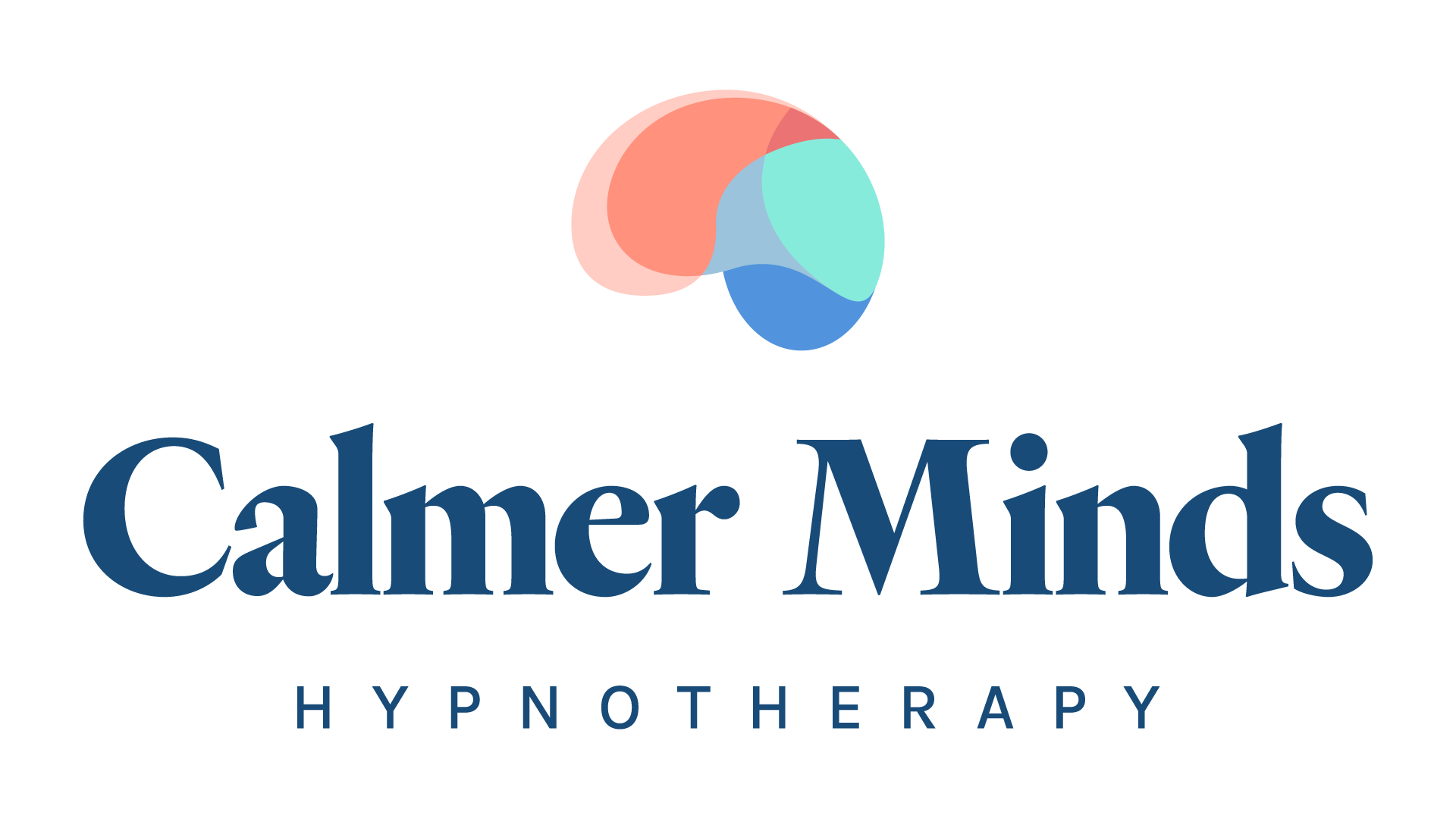10 Jul Unravelling the Mystery of Anxiety: Why Anxiety Happens and How to Tackle It

Unravelling the Mystery of Anxiety: Why Anxiety Happens and How to Tackle It
Introduction
Anxiety – a companion that lurks in the shadows, ready to pounce when we least expect it. We’ve all felt its grip, that unsettling mix of worry, fear, and unease. But have you ever wondered what triggers anxiety and why it happens? In this blog post, we’ll dive into the intricacies of anxiety. We’ll explore the diverse factors that contribute to its development, shed light on the underlying causes, and equip you with empowering coping strategies. So, take a moment to settle in, as we embark on an enlightening journey to unravel the mystery of anxiety.
Understanding Anxiety: The Basics
Before we plunge into the complexities of anxiety, let’s establish a foundation of understanding. Anxiety is a natural response to stress and perceived threats. It’s a survival mechanism hardwired within us, commonly known as the “fight-or-flight” response. However, when anxiety becomes chronic or disproportionate to the situation, it can significantly impact our well-being and hinder our daily lives.
Peeking into the Biological Factors of Anxiety
Deep within our biology lies a complex interplay of factors that contribute to anxiety. Genetics play a role, as research suggests that individuals with a family history of anxiety disorders may be more susceptible to developing anxiety themselves. Our genetic makeup influences the regulation of neurotransmitters and the functioning of brain circuits associated with anxiety.
Additionally, the delicate balance of neurotransmitters—such as serotonin, dopamine, and GABA—can affect anxiety. Imbalances in these chemical messengers can disrupt mood regulation and emotional well-being, potentially leading to heightened anxiety levels.
Exploring Environmental Influences of Anxiety
Our surroundings and life experiences weave a tapestry of environmental factors that impact anxiety. Childhood experiences leave profound imprints on our mental health. Traumatic events, such as abuse, neglect, or the loss of a loved one, can have long-lasting effects and increase the likelihood of anxiety in later life.
Stressful life events, such as major transitions, financial difficulties, or relationship challenges, can act as triggers for anxiety. Chronic stress, resulting from ongoing pressures, and a lack of effective coping mechanisms further exacerbate anxiety symptoms.
Moreover, environmental triggers, such as crowded spaces, excessive noise, or demanding work environments, can amplify anxiety levels. Substance abuse and the use of certain medications may also contribute to anxiety symptoms.
The Power of Thoughts and Behaviour
The mind is a complex landscape where thoughts and behaviours intertwine to shape our experiences of anxiety. Negative thinking patterns can fuel anxiety, with cognitive distortions such as catastrophising or overgeneralising playing significant roles in amplifying anxious thoughts.
Furthermore, anxiety can be learned through observation and reinforcement. If we witness anxious behaviour in our parents or significant others, we may internalize those patterns and develop anxiety ourselves. Social learning theory suggests that our environment and the behaviours we observe contribute to the development of anxiety.
Empowering Strategies for Coping with Anxiety
Now that we’ve explored the multifaceted causes of anxiety, let’s shift our focus to empowering strategies for coping and reclaiming our well-being.
- Therapy for the Mind: Professional therapy, such as hypnotherapy, can be transformative in managing anxiety. Hypnotherapy helps identify and challenge negative thought patterns, develop healthier coping mechanisms, leading to increased resilience and a sense of control.
- Medication as Support: In certain cases, healthcare professionals may prescribe medication to alleviate anxiety symptoms. Medications such as selective serotonin reuptake inhibitors (SSRIs), benzodiazepines, or other appropriate options can be used as tools alongside therapy to help rebalance brain chemistry and manage anxiety.
- Lifestyle Choices for Balance: Our daily habits and lifestyle choices play a crucial role in managing anxiety. Regular exercise not only improves physical health but also releases endorphins that boost mood and reduce anxiety. Practicing relaxation techniques, such as deep breathing exercises, meditation, or mindfulness, can provide a calming respite. Maintaining a balanced diet, keeping hydrated and ensuring adequate sleep are also essential for managing anxiety.
- The Power of Support: Building a strong support network can make a world of difference when facing anxiety. Surrounding ourselves with understanding friends, supportive family members, or joining anxiety support groups can provide a safe space for sharing experiences, finding validation, and receiving emotional support.
Conclusion
Anxiety is a complex interplay of biological, environmental, and psychological factors. By delving into its causes, we gain valuable insights that empower us to face anxiety head-on. Whether through therapy, medication, lifestyle adjustments, or fostering a supportive network, we can reclaim control over our mental well-being. Remember, you’re not alone in this journey, and there is hope for a brighter future, free from the shackles of anxiety. So, take these newfound insights, embrace the strategies, and embark on a path of self-empowerment and resilience.
If you are struggling with anxiety and would like some help or support, arrange a discussion call with us by clicking HERE or by completing the form below.
Take the first step towards a brighter future and book your appointment today!
Our highly trained and experienced hypnotherapists deliver exceptional, personalised care to ensure that every client experiences positive, lasting change.
Don’t wait any longer, contact us today for expert help and guidance on
your journey to a better, brighter future.
Error: Contact form not found.
